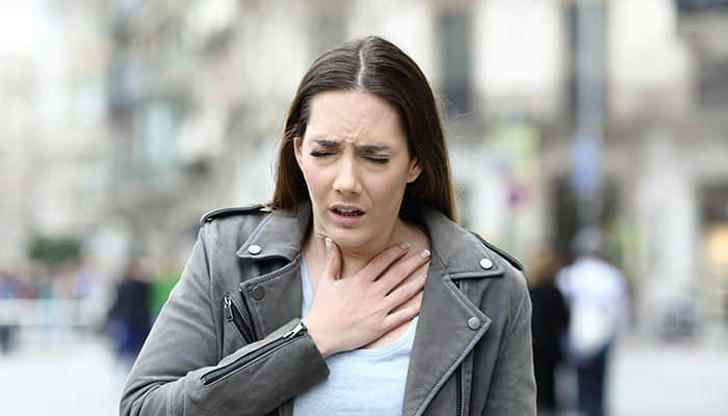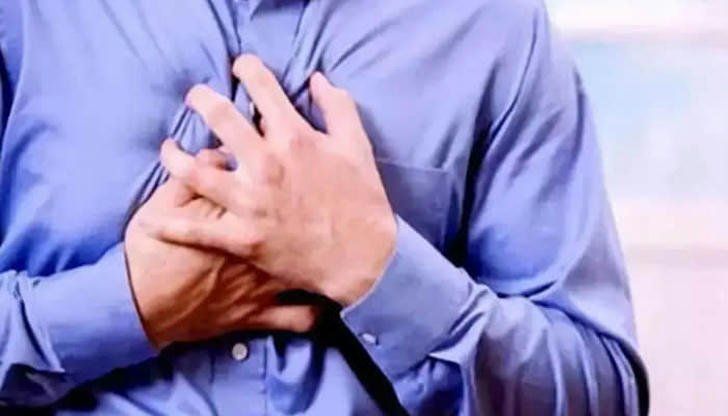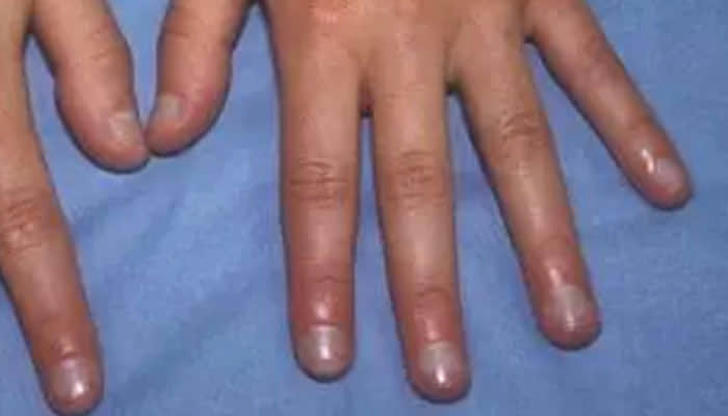Seven Symptoms of Asthma
Advertisement

Asthma is a long-term inflammatory disease where your airways narrow and swell and may also produce extra mucus. It is easy to make breathing difficult. Sometime, it may trigger death. Recent medical condition can not provide a way to cure the asthma, but its symptoms can be controlled effectively.
Symptoms
Asthma is characterized by variable and recurring symptoms, reversible airflow obstruction, and easily leads to bronchospasms. Symptoms always include as follow:
1.Wheezing, coughing and chest tightness becoming severe and constant.

This is a very severe sign of asthma attack. You need to go to hospital as soon as possible. Sometimes, you can not become acutely conscious of this symptoms at the beginning, but if frequent coughing or wheezing lasts more than a few days or any other signs or symptoms of asthma, see a doctor in time.
2.Being too breathless to eat, speak or sleep.

If you are not getting cough, it would be another severe sign of asthma which you need to take great care of.
3.Breathing faster.

It is not a symptom of asthma attack, but also maybe a bad habit of breathing. When you’re out of breath, you may feel like you need more air. So you may start to take more air into your lungs or breathe faster. At this time, you may not use your whole lungs to breathe but the top of your chest. In your daily life, especially, if you have asthma, you can try to train your right breathing.
4.A fast heartbeat.

An irregular electrical signal (impulse) starting in the upper or lower chambers of the heart causes the heart to beat faster. If your heart rate is over your normal beats a minute, a great attention should be taken.
5.Drowsiness, confusion, exhaustion or dizziness.

According to some studies, there are more than 120 conditions associated with confusion, dizziness, drowsiness and fatigue. If you have these symptoms, you can check online immediately, which may help provide a better understanding of causes and treatment of these related conditions.
6.Blue lips or fingers.

This symptom may indicate poor blood flow to other areas of the body. If a person is experiencing blue lips or fingers, they should see a doctor as soon as possible to avoid some serious diseases.
7.Fainting.

Fainting is called Decreased Consciousness. It means that you lose consciousness for a short time which is always caused by a sudden drop in blood flow to the brain. This condition may last for a few seconds or minutes, then you will wake up and return to normal.
All these symptoms are highly possible to threaten the person’s life. Also they may mix up with other disease. So when you feel not well, you had better see a doctor to confirm.
How to treat asthma?

Here we summarized four types of asthma medicines and treatments:
Quick-relief medicines–These medicines are the first moment to ease your sudden symptoms. It can be the most effective medicine, once your symptoms occur.
Controller medicines–These medicines can be used in your daily treatment which help control asthma by correcting the underlying changes in the airways.
Combination of quick-relief and controller medicines–In some special situation, these medicines are used for both short-term relief and long-term control.
Biologics–This type of treatment targets a cell or protein to prevent swelling inside the airways. They are for people with certain types of persistent asthma and are given by injection or infusion.
Although we cannot cure asthma, we can control it. Everyone’s asthma is different. For some person, their asthma attack starts with coughing. Then they will feel someone sitting on their chest, making them cannot breathe normally. Some people start with wheeze or feeling lightheaded. All these terrible symptoms are needed to see a doctor to get an special asthma treatment plan. The plan may include your asthma triggers and instructions, such as monitoring, avoiding triggers, and using medicines.



